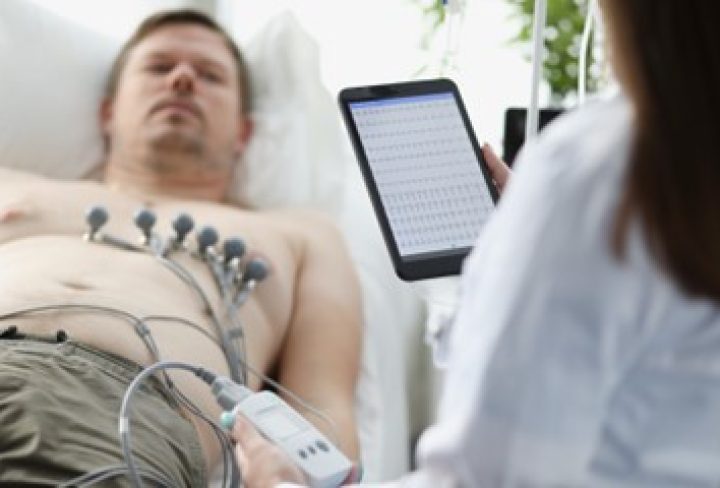Preparing for an Echocardiogram
Before undergoing an echocardiogram, follow these important steps:
- Fasting: Depending on the type of echocardiogram, you might need to fast for a few hours before the procedure.
- Clothing: Opt for loose, comfortable clothing that allows easy access to your chest area.
- Medications: Inform your healthcare provider about any medications you’re taking, as some might need adjustment for the test.
- Caffeine Avoidance: It’s advisable to avoid caffeine on the day of the procedure.
The Echocardiogram Process
The echocardiogram procedure generally follows these steps:
Preparation
- Lie on an examination table.
- Attach electrodes to your chest for heart electrical activity monitoring (ECG or EKG).
Gel Application and Transducer Placement
- A clear gel is applied to your chest to enhance sound wave transmission and image quality.
- The transducer, a handheld device, is placed on your chest and moved to capture various heart views.
Image Acquisition
- The transducer emits high-frequency sound waves (ultrasound) that bounce off heart structures.
- Echoes of sound waves are transformed into real-time images displayed on a monitor.
Analysis and Interpretation
- Trained technologists or cardiologists analyze the images.
- Evaluate heart chamber and valve size, shape, and function.
Duration and Results
The echocardiogram procedure typically lasts 30 to 60 minutes, depending on the type. Afterward:
- Immediate Feedback: In some cases, preliminary findings may be provided by the technologist.
- Detailed Report: A cardiologist reviews images and generates a comprehensive report.
- Follow-up: Your healthcare provider discusses results, explains any abnormalities, and recommends further actions if necessary.
Echocardiograms are safe, painless procedures offering valuable insights into heart health. They empower healthcare professionals to make informed decisions about treatment and care, ensuring the well-being of this vital organ.


